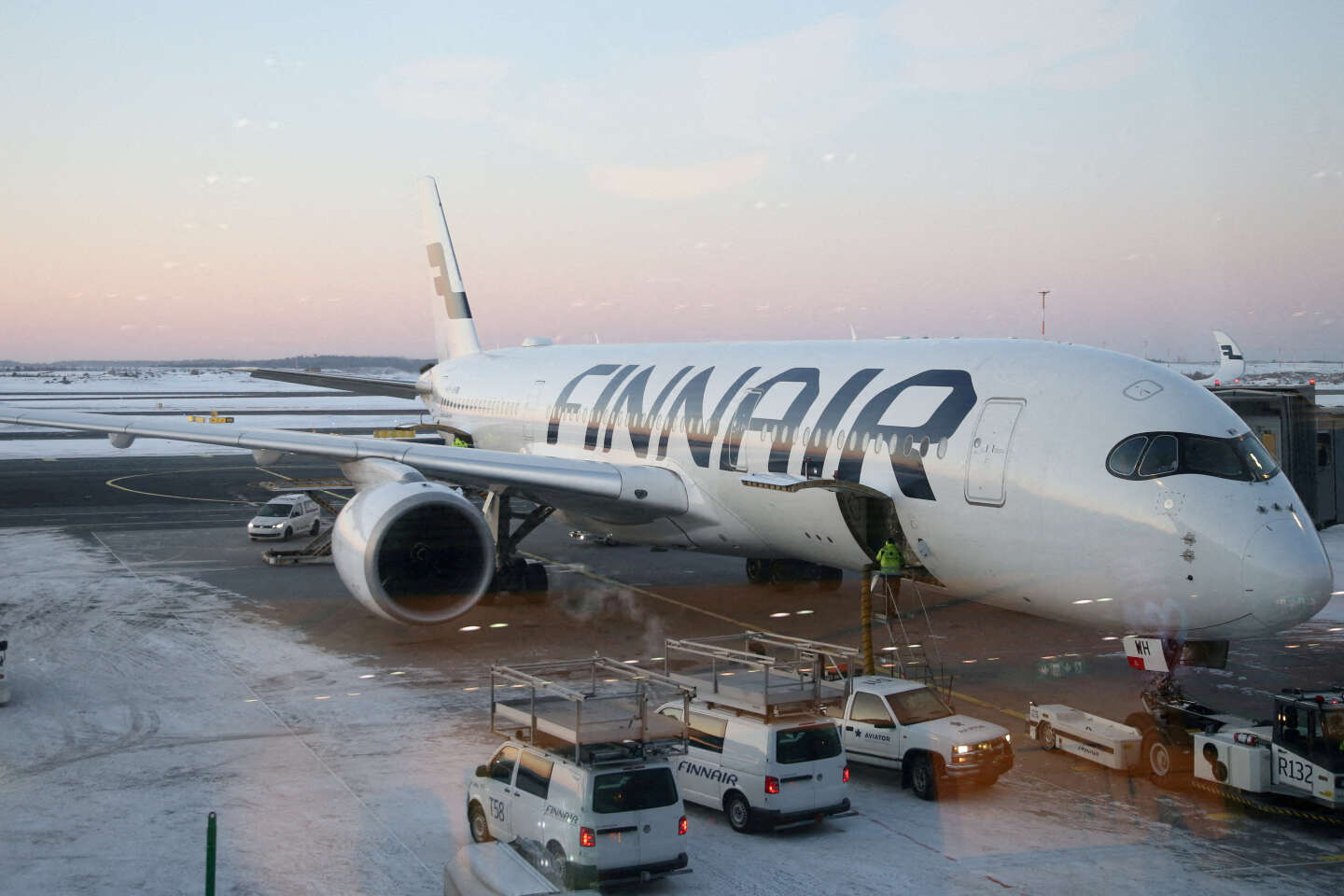


There is growing tension among Russia's neighbors across the Baltic Sea. Moscow's large-scale jamming of GPS (Global Positioning System) signals around the region has intensified in recent weeks, disrupting air and sea navigation and provoking the ire of the impacted countries. The effects of intermittent jamming by Russian electronic warfare equipment are felt from northern Norway to southern Poland.
On Monday, April 29, Finnish airline Finnair announced that it was suspending flights between Helsinki and the Estonian airport of Tartu, 50 km from the Russian border, for a month. The previous day, the foreign ministers of the Baltic states, Finland and Sweden had discussed the problem, concluding that Russia's jamming of GPS could have tragic consequences.
Several airlines reported disruptions affecting their operations in the Baltic area, mainly Ryanair (2,300 flights), Wizz Air (1,400) and British Airways (82). On April 25 and 26, two Finnair aircraft flying from Helsinki to the Estonian city of Tartu were forced to return to their departure airport due to the jamming.
"Such actions (...) are a threat to our people and security, and we will not tolerate them," warned Estonian Foreign Minister Margus Tsahkna in an interview published in the Financial Times on April 28. "We will definitely discuss it with our allies" in the European Union (EU) and NATO, he promised. Particularly alarmist, Lithuanian Foreign Minister Gabrielius Landsbergis compared the situation to driving at night without headlights, adding that the situation in "the Baltic region near Russian borders [is] now getting too dangerous to ignore."
Hybrid warfare
Aviation experts are more moderate. Jamming the GPS signal does not prevent aircraft from flying. Whether commercial or military, aircraft have other ways of finding their bearings in space, notably inertial navigation systems. Made up of gyrometers and accelerometers, these are used to estimate the aircraft's position based on movements since its point of departure. "But an inertial unit is less comfortable than a GPS; it tends to drift a little and needs to be recalibrated regularly," said Jean-Christophe Noël, a research associate at the French Institute of International Relations and former fighter pilot.
GPS signal jamming, on the other hand, can create difficulties when approaching an airport, especially if it is not equipped with an ILS (Instrument Landing System), a radio navigation system that enables crews to land in poor weather conditions. It was precisely for this reason that the two Finnair flights turned back on approach to Tartu, Estonia's second-largest city. "The approach methods currently used at Tartu Airport are based on a GPS signal. GPS interference, which is quite common in the area, affects the usability of this approach method," explained the Finnish airline in a statement released on Monday.
You have 26.52% of this article left to read. The rest is for subscribers only.
